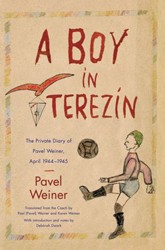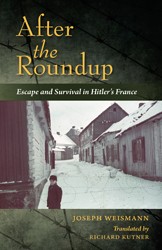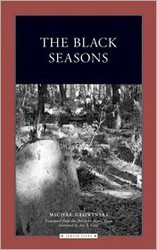Daniel Mendelsohn presents this memoir in “vast circling loops.” Essential details are cleverly embedded within kinetic sentences, story within story, and narrative within narrative, each forcing the reader to return to the beginning to discover the ending. The beginning, however, is in the end of this memoir, as Mendelsohn gives voice to the silence of a family mystery: the annihilation of six of six million in Nazi Germany.
As he travels to the far reaches of the world to collect the memories of those who can help him to personalize the six family members, Mendelsohn, in effect, writes them all into history. Their characters, their struggles, their journeys, and their fears are thus threads woven in the tapestry of Holocaust history.
Although the most obvious theme of this autobiography is Mendelsohn’s search for his relatives’ stories, there are many subtexts for the reader to follow: the effects of memory; the need to tell a story so that “each event turn[s] out to contain another”; and the lens through which the traveler sees space and place. One can easily argue as well that the title, The Lost, carries with it Mendelsohn’s desire to complete his own history. The constant interspersions of biblical interpretation and commentary, for instance, enable him to rationalize his relationship to Judaism.
All in all, readers of The Lost will travel with Mendelsohn on his journey toward understanding, and they will do so by following his attention to detail, to substance, to truth, and to the stories as yet unwritten.




